The Korea Herald newspaper reported that the underwear manufacturer Ssangbangwool in South Korea announced on February 22 that the company will support up to 100 million won (about 1.85 billion VND) for pregnant employees.
Under the company's childcare benefit program, employees can receive 30 million won for their first child, another 30 million won for their second child, and another 40 million won for their third child.
The company also revealed it will provide up to 3 million won to employees who need in vitro fertilization.
"The low birth rate is an important task our society must overcome. The company will take responsibility and do its best to help the country increase the birth rate," a Ssangbangwool spokesman said.
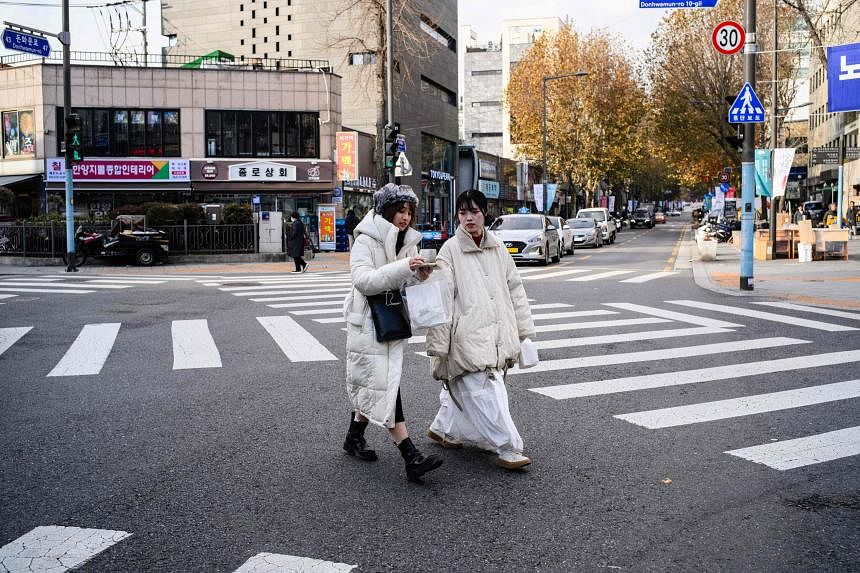
South Korea's birth rate is at a record low.
The announcement comes after construction group Booyoung announced earlier this month that it would provide employees with 100 million won per birth - the highest cash maternity benefit among South Korean companies.
The company said Booyoung has provided a total of 7 billion won to 70 employees with one or more children since January 2021.
The Korean government is also supporting companies' child-rearing incentive programs.
South Korea in vicious cycle of low birthrate and lack of pediatricians
Last week, South Korean President Yoon Suk Yeol instructed his aides to provide tax incentives and other support measures to encourage companies to launch childbearing programs.
Despite concerted efforts by both the public and private sectors to boost the birth rate, many workers in South Korea still believe that spending money alone is unlikely to make a difference.
"My company recently decided to increase financial support for pregnant employees. But I don't think money alone can make employees have children. They don't want to feel guilty about using up all their parental leave, and policies that can guarantee flexible working hours no longer exist," a working mother with a 7-year-old child told The Korea Herald .
Some people worry that government tax incentives could lead to job polarization.
"Recent news regarding big companies' child-rearing incentive programs and the government's plan to provide tax incentives makes me worried because I am not eligible for those programs," said an employee surnamed Lee, who works at a small-scale company.
According to the National Tax Service of Korea, only 2.3% of domestic workers receive financial support from their companies' child-rearing incentive programs.
"Companies' child-birth incentive programs provide some financial support, but they won't have a big impact on boosting the country's birth rate significantly because only a small number of employees benefit from them," said a human resources department employee at a South Korean conglomerate.
The fertility rate – the average number of children a woman gives birth to in her lifetime – in South Korea hit a record low of 0.78 in 2022, and the figure is expected to fall even further in 2023.
Source link







![[Photo] Hanoi morning of October 1: Prolonged flooding, people wade to work](https://vphoto.vietnam.vn/thumb/1200x675/vietnam/resource/IMAGE/2025/10/1/189be28938e3493fa26b2938efa2059e)





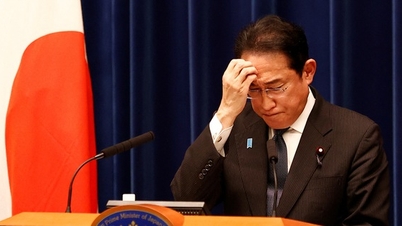

















![[Photo] President Luong Cuong receives President of the Cuban National Assembly Esteban Lazo Hernandez](https://vphoto.vietnam.vn/thumb/1200x675/vietnam/resource/IMAGE/2025/9/30/4d38932911c24f6ea1936252bd5427fa)
![[Photo] Panorama of the cable-stayed bridge, the final bottleneck of the Ben Luc-Long Thanh expressway](https://vphoto.vietnam.vn/thumb/1200x675/vietnam/resource/IMAGE/2025/9/30/391fdf21025541d6b2f092e49a17243f)
























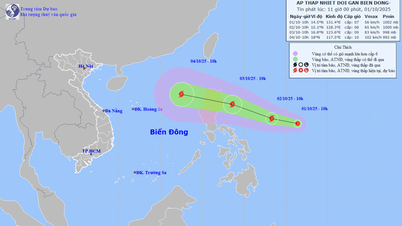
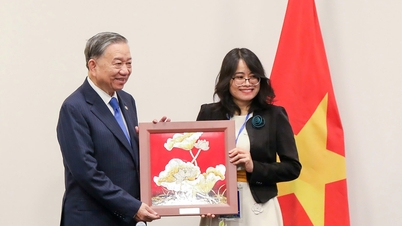

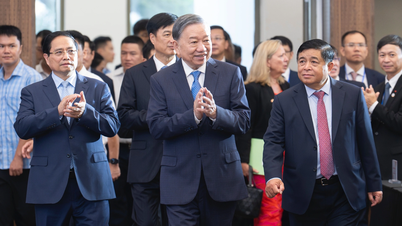









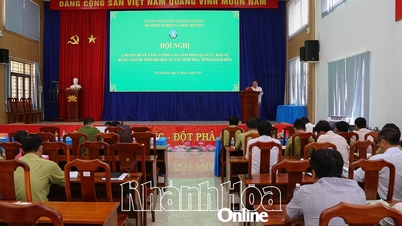

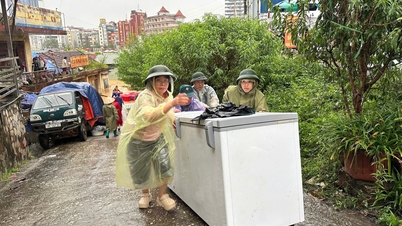





















Comment (0)